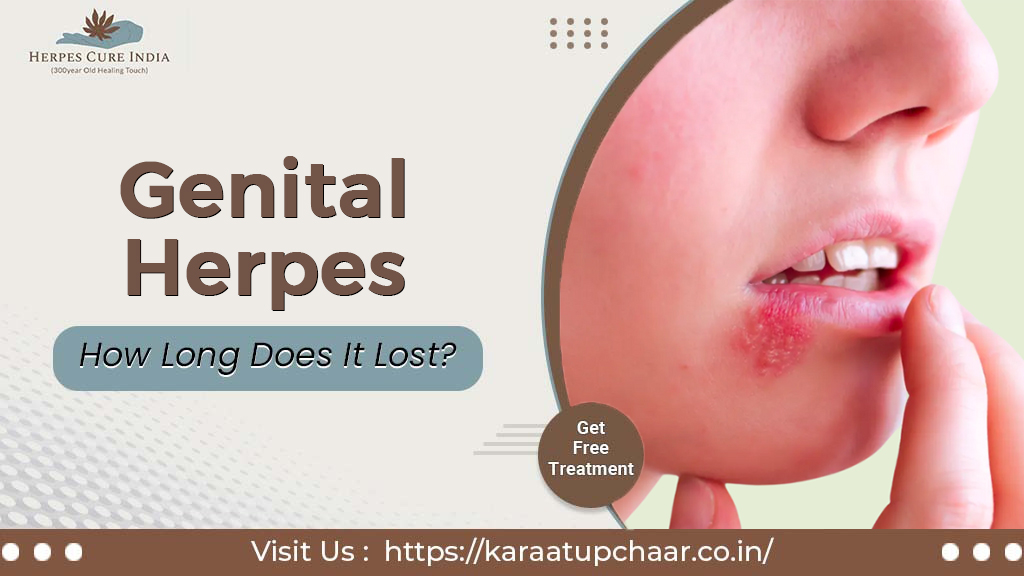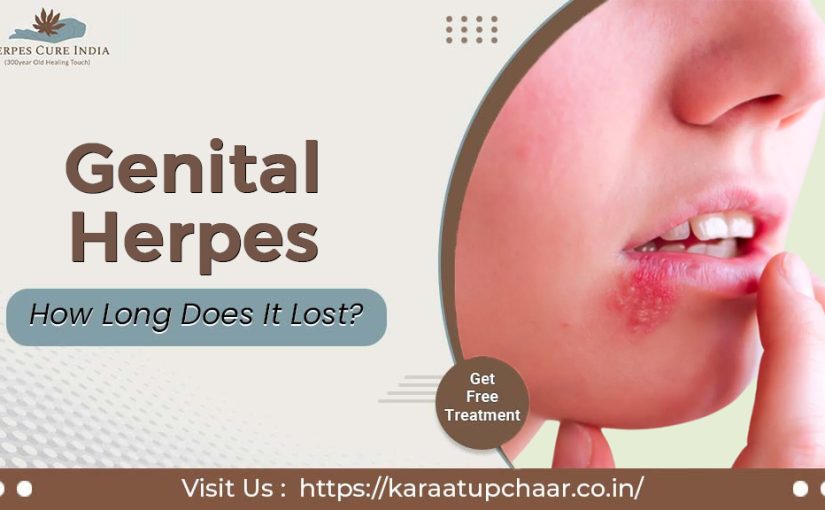
Is There a Treatment for Genital Herpes? Understanding Your Options
Genital herpes is a common sexually transmitted infection (STI) caused by the herpes simplex virus (HSV), affecting millions of people worldwide. Understanding the available treatments can help those affected manage their symptoms effectively and lead fulfilling lives. This blog will delve into the treatments for genital herpes, their effectiveness, and some additional tips for management.
What is Genital Herpes?
Genital herpes is primarily caused by two types of herpes simplex viruses: HSV-1 and HSV-2. While HSV-1 typically causes oral herpes, it can also result in genital infections. HSV-2 is the most common cause of genital herpes.
Symptoms of Genital Herpes
Symptoms may vary between individuals, but common signs include:
- Painful Blisters or Sores: These often appear on the genitals, buttocks, or thighs.
- Itching and Discomfort: A tingling or itching sensation may occur before sores appear.
- Flu-like Symptoms: Fever, swollen lymph nodes, and body aches may accompany initial outbreaks.
The Nature of the Virus
Once contracted, the virus remains in the body for life. It can lay dormant in nerve cells and reactivate, leading to recurrent outbreaks triggered by stress, illness, or other factors.
Is There a Treatment for Genital Herpes?
Antiviral Medications
Antiviral medications are the cornerstone of treatment of genital herpes simplex virus. They work by inhibiting the replication of the virus, thus reducing the severity and duration of symptoms.
Common Antiviral Medications
- Acyclovir: This is the most widely prescribed antiviral for genital herpes. It can be taken orally or applied topically.
- Valacyclovir: A prodrug of acyclovir, valacyclovir is more bioavailable, meaning it requires fewer doses, making it more convenient for patients.
- Famciclovir: This medication is also effective and can be used as an alternative for those who may not respond well to the others.
These medications are typically most effective when taken at the first sign of an outbreak.
Suppressive Therapy
For individuals who experience frequent outbreaks (more than six per year), healthcare providers often recommend suppressive therapy. This involves taking antiviral medications daily to prevent outbreaks and reduce the risk of transmission to partners.
- Benefits of Suppressive Therapy:
- Reduces the frequency of outbreaks.
- Lowers the risk of transmitting the virus to sexual partners.
- Provides peace of mind for those living with the condition.
Home Remedies and Lifestyle Changes
While antiviral medications are crucial, many individuals seek complementary approaches to manage symptoms. Here are some popular home remedies and lifestyle changes:
- Keeping the Area Clean and Dry: Regular washing with mild soap and water can help prevent irritation. Keeping the area dry is also essential.
- Wearing Loose Clothing: This helps avoid friction and irritation during outbreaks.
- Stress Management: Since stress is a common trigger for outbreaks, practices such as yoga, meditation, or regular exercise can be beneficial.
- Diet and Hydration: A balanced diet rich in vitamins and minerals can support overall health and potentially reduce outbreaks.
The Role of Emotional Support
Living with genital herpes can take an emotional toll. Support groups, therapy, or open communication with partners can help individuals cope better and reduce feelings of isolation.
Frequently Asked Questions (FAQs)
1. Can genital herpes be completely cured?
Currently, there is no cure for genital herpes. However, antiviral treatments can help manage symptoms and significantly reduce the frequency and severity of outbreaks.
2. How can I prevent the transmission of genital herpes?
Using condoms and practicing safe sex are crucial in reducing the risk of transmission. Additionally, avoiding sexual contact during outbreaks and discussing the condition openly with partners can help prevent spread.
3. Are there any natural remedies for genital herpes?
While some individuals find relief with natural remedies like aloe vera, coconut oil, or essential oils, these should not replace antiviral herpes medication treatments. Always consult a healthcare provider for the best treatment plan tailored to your needs.
Conclusion
The question “Is there a treatment for genital herpes?” can be daunting, but understanding the options available can empower individuals to manage their condition effectively. With antiviral medications, suppressive therapy, lifestyle adjustments, and emotional support, those affected can lead fulfilling lives while effectively managing their symptoms. If you suspect you have genital herpes or are experiencing symptoms, consult a healthcare provider for proper diagnosis and treatment options.

